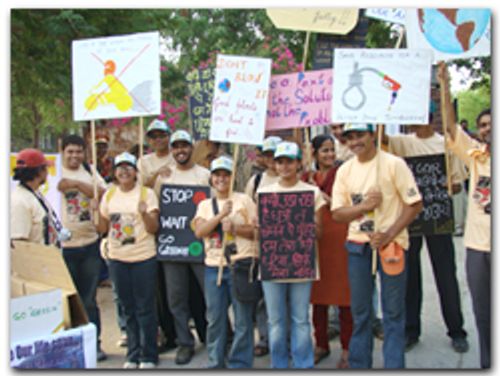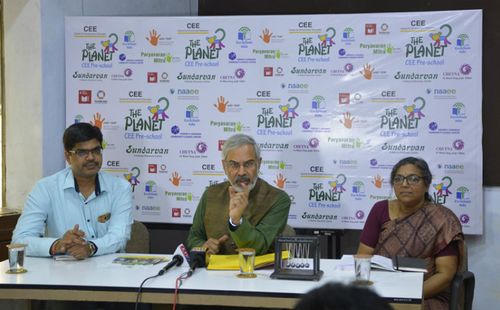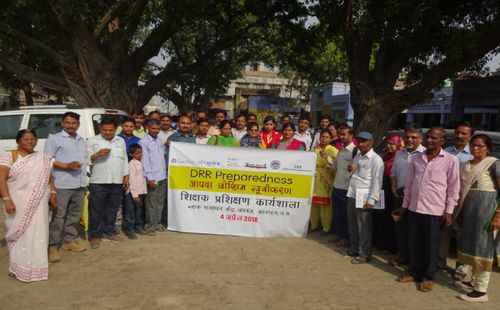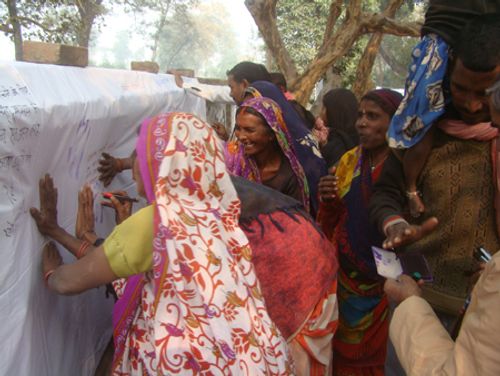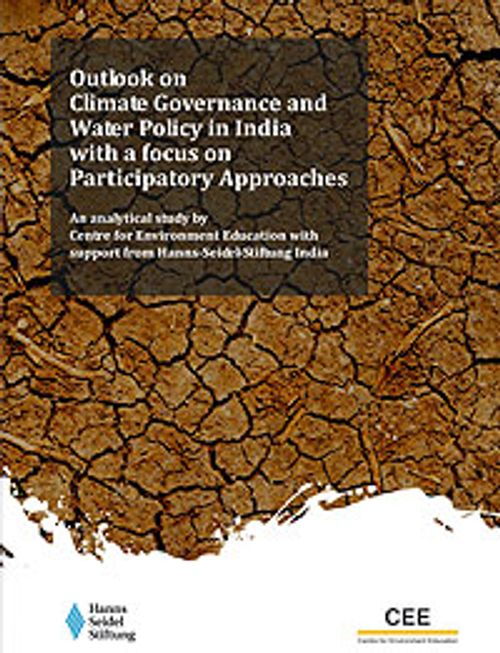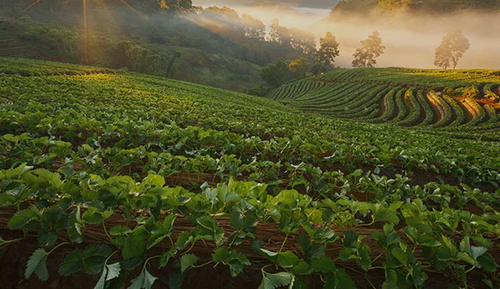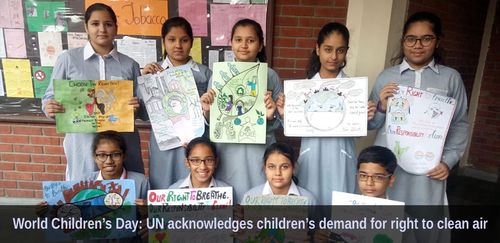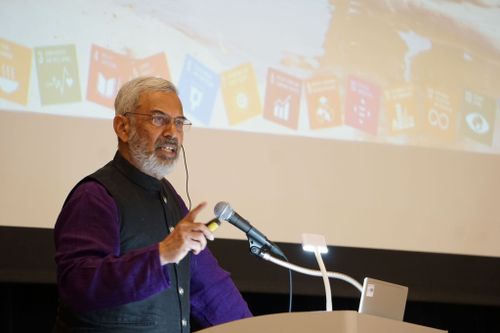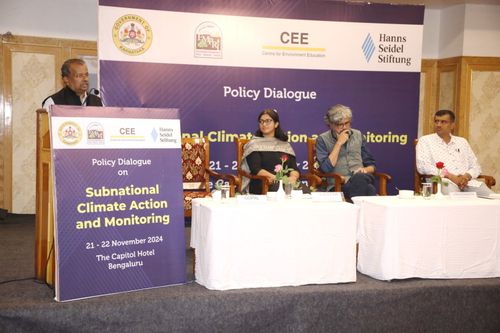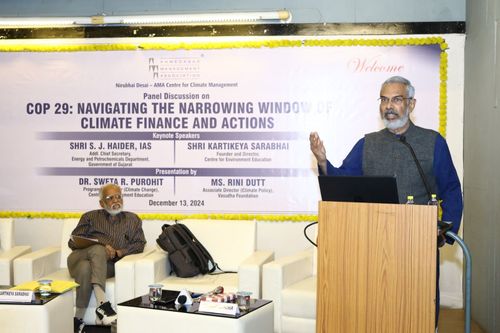Outlook on Climate governance and water policy, with a focus on participatory approaches
The increasing water stress and growing global demand, coupled with the consequences of climate change has forced tough decision-making in water resources allocation and has emerged as a dire need to tackle the developmental challenges.
India has 4% of the world’s fresh water resources on which about 17% of the global population depends. With declining ground water level and with 92 million people without access to safe drinking water[i], India is the fifth most affected country on account of climate change as per the Global Climate Risk Index 2019[ii]. On the other hand, India acquires an intriguing dual position in the global climate politics – as a developing economy with low levels of historical and per capita emissions, and as a large and rapidly growing economy with rising emissions. The country also carries an additional responsibility of meeting the development needs and economic progress of its vast population, to build climate resilience and reduce the vulnerabilities. This essentially calls for appropriate governance mechanisms to address the changing water scenarios as well as mainstream climate adaptation into sectoral policies in order to ensure water security. Climate change responses in India’s water sector is emerging, primarily in the form of building adaptive capacity and no-regret type activities as response to multiple factors. The task of developing appropriate water policies to meet short-term water usage and demand priorities as well as in adapting to uncertain climate change impacts is tedious and requires long-term integration of economic, social, and environmental factors, with effective governance structures and approaches to optimize outcomes. A human rights-based approach supported by good governance is at the core of water security. This approach has a potential to address critical gaps and bottlenecks, as well as emphasizing the establishment of regulatory mechanisms for efficiency, participation and accountability. The economic, social and environmental value of water would keep changing with the deepening climate crisis and this changing nature also needs to be kept in mind during policy formulation. Shifting of priorities to local, decentralized, small-scale, community-led adaptive water management and conservation hence need to be considered in the national planning processes.
“We do not have to worry about policy incoherence, if the people are truly involved in deciding their own water security arrangements.” (Securing Water for all, Development Alternative, 2015)
Read More
 Forget Password?
Forget Password?
 Forget Password?
Forget Password?

